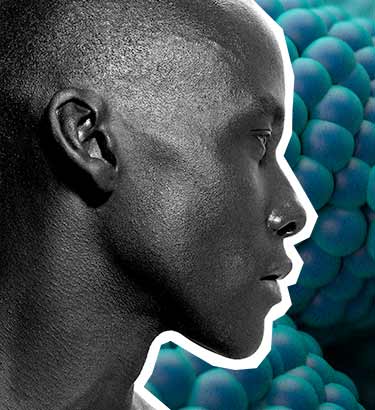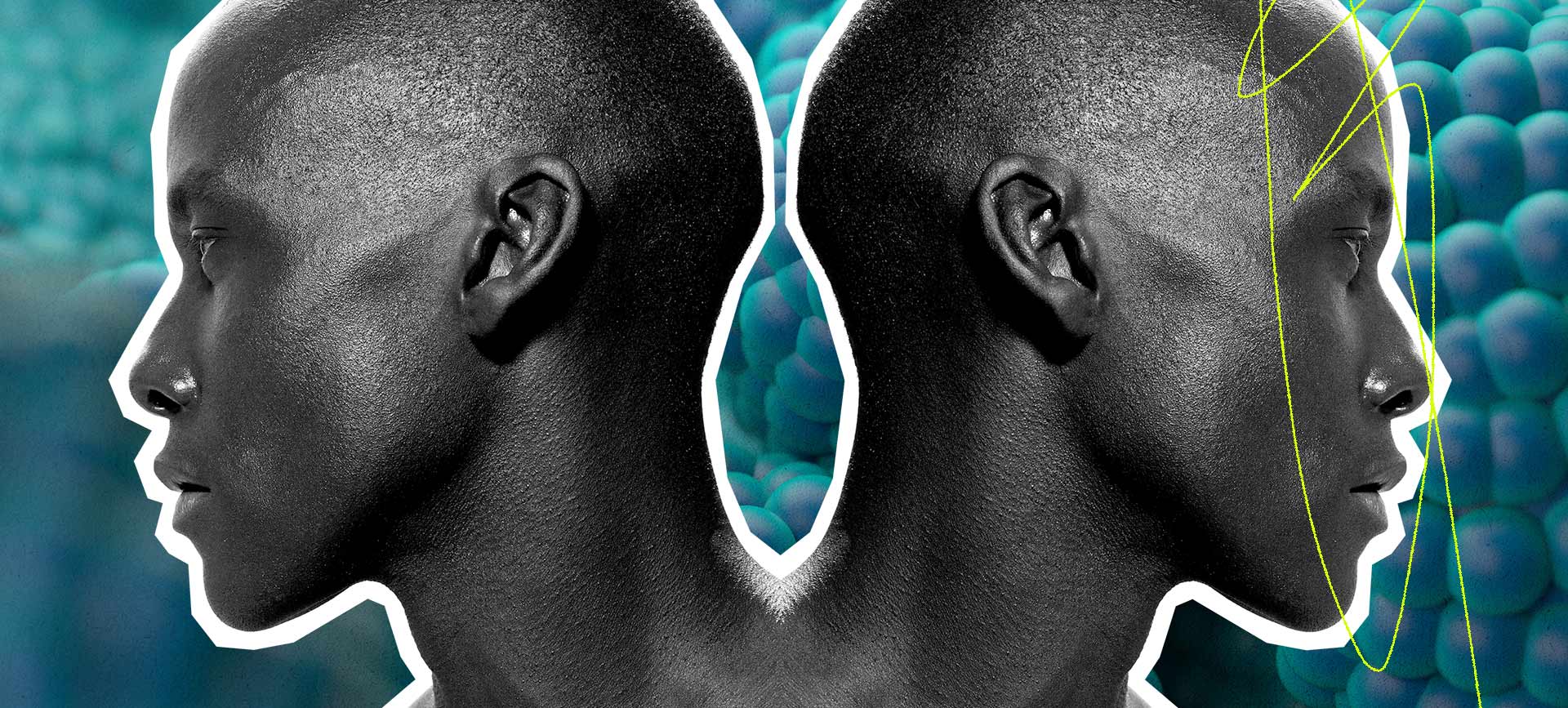Can you tell us more about ZERO?
Tucker-Seeley: We merged with an organization called Us TOO back in October 2021, which added the support group component. Many folks in the prostate cancer world will be familiar with Us TOO because they [were] the primary prostate cancer support organization.
Being able to pull together ZERO's efforts in advocacy, and all of our education and awareness resources, with the support group infrastructure of Us TOO created a strong patient-centric organization. We are focused on increasing education, awareness and support for prostate cancer patients, providing support resources to families navigating prostate cancer, and also advocating for legislation to ensure that families have the resources they need as they're navigating their prostate cancer journey.
Editor's note: Us TOO is now part of ZERO and doesn't exist as a standalone entity.










